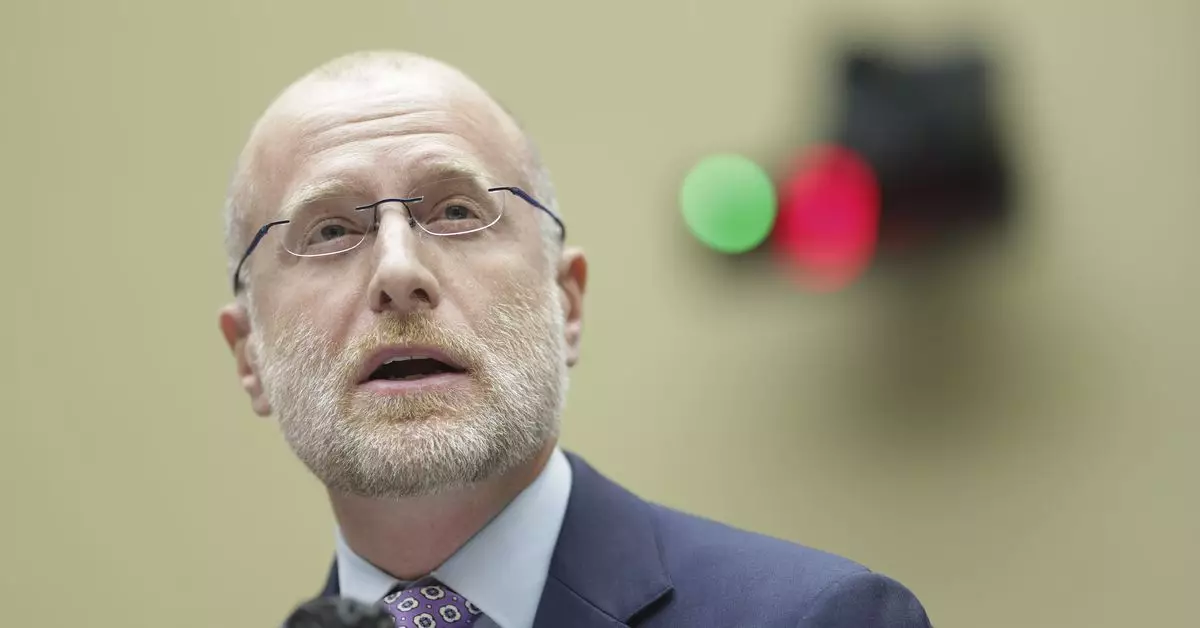Brendan Carr’s appointment as chairman of the Federal Communications Commission (FCC) marks a critical juncture in how online discourse may be regulated in the United States. Since joining the FCC as a commissioner in 2017, Carr has consistently emerged as a polarizing figure, particularly regarding free speech and content moderation on digital platforms. His views, largely shaped by a commitment to conservative values, suggest a shift in the regulatory landscape that could have significant implications for how speech is governed online.
Carr’s trajectory within the FCC has not been without controversy. By advocating for measures that restrict social media companies’ ability to manage user-generated content, he positions himself as a defender of what he considers conservative expression and a challenger of perceived liberal biases in major platforms. This approach raises questions about the balance between protecting free speech and enabling platforms to create safe environments that mitigate misinformation and hate speech.
At the heart of Carr’s initiatives is his contribution to Project 2025, a strategy advocating for a regulatory overhaul of the FCC’s role in overseeing internet services and communication. Within this blueprint, Carr highlights a controversial proposal to limit the legal protections that have traditionally afforded tech companies the freedom to curate content. By potentially rolling back these protections, Carr’s vision leans toward increased government intervention and oversight, sparking fears among advocates of digital rights about the implications for free expression.
Moreover, Carr has suggested that tech giants should face consequences for blocking conservative viewpoints, creating a tense atmosphere where companies might feel pressured to favor certain narratives over others. His recent threat to revoke NBC’s broadcast license for a comedic portrayal of Vice President Kamala Harris underscores a troubling trend—using regulatory power to punish dissenting narratives and manipulate the media landscape.
Carr’s tenure includes a notable vote to repeal net neutrality rules, reflecting his stance on minimal government intervention in telecom. However, this approach seems paradoxical when placed alongside his current readiness to impose regulations that might stifle the algorithms and decision-making processes of tech companies. His ability to harmonize these conflicting positions raises significant concerns about the overarching philosophy guiding the FCC under his leadership.
With Carr at the forefront, the FCC could begin to blur the lines between regulating speech and controlling the platforms where that speech occurs. As he leverages his influence to reshape the narrative around content moderation and digital expression, questions abound about the potential chilling effect on diverse viewpoints and the unhealthy precedence this may set for future administrations.
Brendan Carr’s expected chairmanship of the FCC heralds an era marked by heightened regulatory scrutiny of digital speech and communication. As both watchdog and potential enforcer, he carries the weight of ensuring that the balance between free expression and responsible content management is judiciously maintained. The implications for users, creators, and platforms will be profound, necessitating ongoing dialogue and advocacy for maintaining a robust and diverse digital public square.

